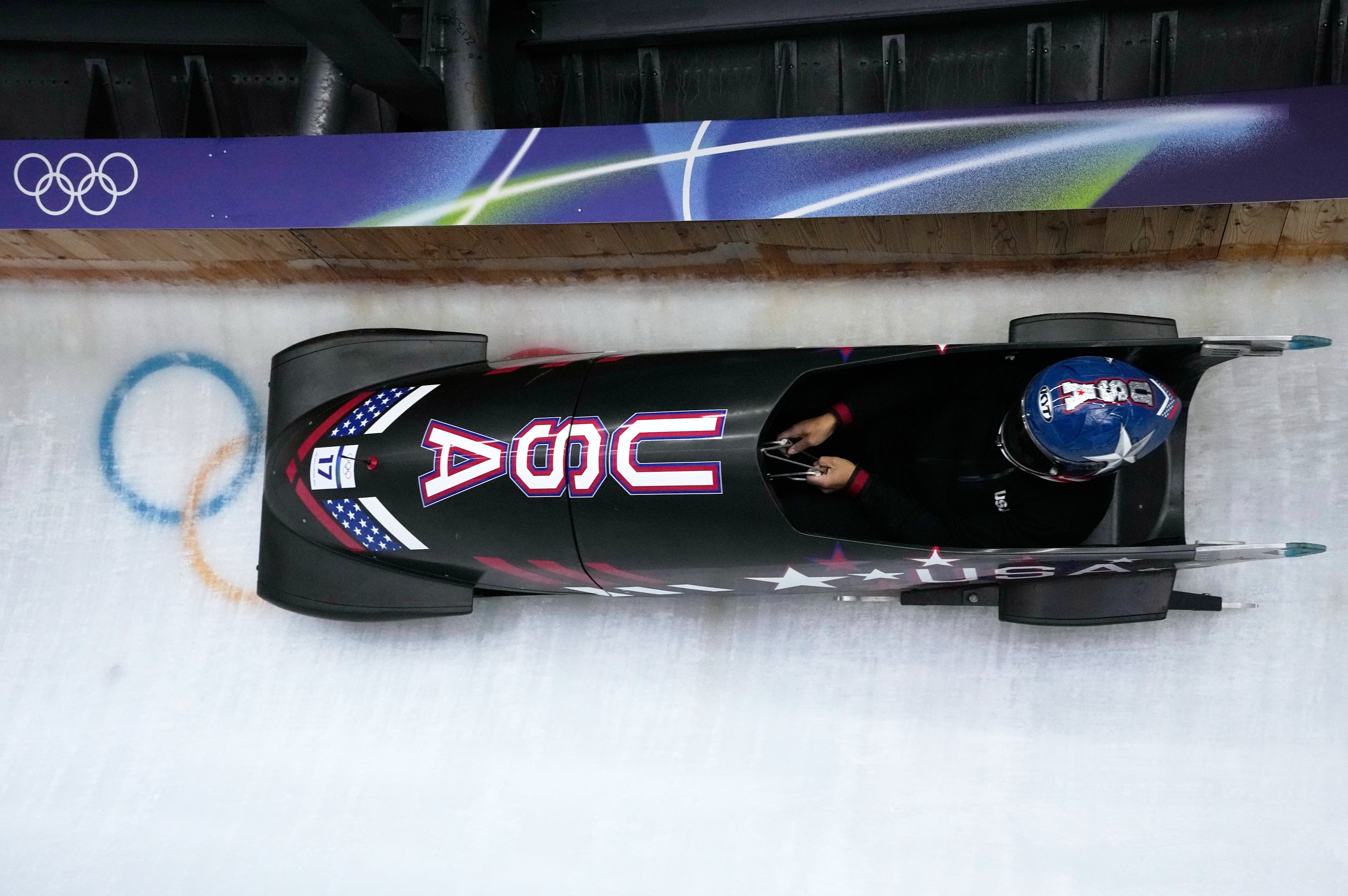His back ailing, Woods is merely an onlooker -- for now

Jordan Spieth is used to having an audience on the golf course.
Just not Tiger Woods.
Spieth had just made bogey from the sand on the par-3 fifth hole at Albany Golf Club when he heard from the other side of the ropes, "Don't worry. You'll get it back."
It was hard to ignore because no more than a dozen people were following him at the Hero World Challenge. What startled him was recognizing the voice and looking over to see Woods watching him and Bill Haas from a golf cart during the third round.
"If you had told me four years ago when I was still in college that Tiger would be sitting in a cart watching me play ... I mean, that was weird," Spieth said.
A moment later, Spieth added what so many other players are saying, or at least thinking.
"We need him back out here playing."
He can only watch at the moment, and there is no indication when that might change.
Woods used to speak without giving much information. Now he has no information, and it seemed to speak volumes.
He doesn't know when his back, which has had three procedures in the same spot over 18 months, will get better. He doesn't know when he can start doing any exercise beyond walking. He doesn't know when he can play.
What was rare about his news conference last Tuesday was his willingness to look back instead of forward. He said it has been a great career no matter what happens the rest of the way. The public and his peers can debate his place in history with 79 wins on the PGA Tour, 14 majors and a combined 13 years at No. 1 in the world. And anything else, Woods said, "will be gravy."
That explains why so many stories read like golfing obituaries.
But there was no visible indication from Woods during a week in the Bahamas that this was the end. Subdued in his news conference, he was relaxed the rest of the week.
Woods mingled during a Thursday night party called "India Night," sharing laughs and stories. Different about this night is that after about 10 minutes of standing, he quietly retreated to a bench to carry on the conversation while sitting. And when he got back up, Woods arched his back in a long, slow motion.
So yes, this will be a tedious recovery — if it ever gets started. And in the meantime, there will be a void to fill for those yearning for answers.
Will he ever win again? Will he ever play again? And the way he reflected on his career, does he even care if he plays again?
"He was, it seemed to me, invincible for the longest time," Haas said. "And I would say he was so that way that I wouldn't put it past him to come back and be extremely good again. I don't know that he'll ever be where he was because he was so far ahead of everyone else. But he may be No. 1 again. It wouldn't shock anyone, I don't think."
The most fun Woods had all year on the golf course was the Wyndham Championship, where he was two shots behind going into the final round. He closed with a 70, wound up four shots back and tied for 10th.
If or when his health improves, that could be a seminal moment.
Woods brought out record crowds in Greensboro, North Carolina, and it served two purposes — what he did for the tournament, and what the tournament did for him. It was a wholesome reminder of his stardom, and it was needed after the worst two seasons of his career. And he surely paid attention to the winner, Davis Love III, a 51-year-old who found a way to win after significant surgeries to his ankle and neck.
Woods made it clear that he wants to keep playing, provided his health cooperates.
"I'm far from being done," he said in the broadcast booth during the final round. "But I have to be patient, which I'm not very good at when it comes to that side of it."
The real challenge will be his ability to be honest with the state of his back, his game and the competition.
Woods said 10 years ago in the parking lot at Doral that "I'll definitely quit the game earlier than people think." In today's context, it's eerie. Then again, most golfers approaching the prime of their careers think they will always have more control than they really do.
More interesting that day was Woods saying there would be no reason for him to play if his best was not good enough.
But how will he ever know?
When do the very best athletes, particularly in a sport like golf, ever think they played their best? It's an endless pursuit until retirement becomes awkward.
That's what Woods will have to figure out when he returns.
If he returns.
More Stories
The Latest


